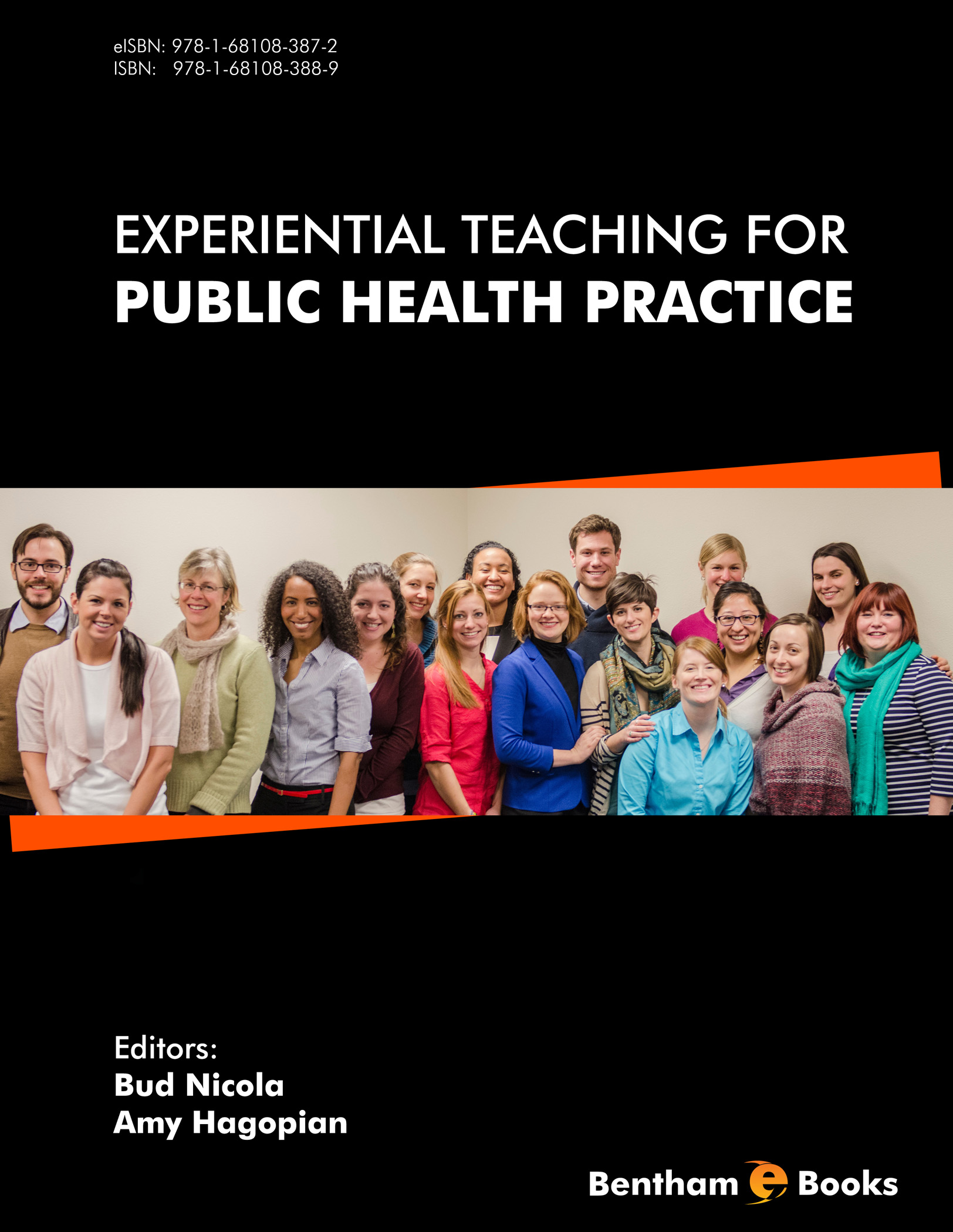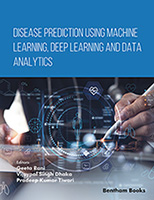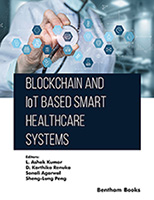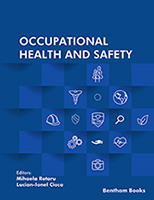Introduction
Developing an effective program requires a sound administrative system and a supportive educational culture including the support of program handbooks, a Master’s project (Capstone), practicum, and skill development seminars. Experiential Teaching for Public Health Practice describes the underlying PBL and community framework for a teaching program along with a description of the competencies needed to meet workplace demands and educational accreditation requirements. It has been developed by members of University of Washington’s Community-Oriented Public Health Practice program (COPHP) curriculum. This curriculum mirrors core programmatic areas of population health, community development, quantitative research methods, environmental health, health behavior and health promotion, evaluation, policy, and management and leadership.
Key features include:
- Structured template outlining the basics of PBL programs
- Case examples given in each curricular area
- Detailed appendices with sample cases and links to original source documents
- A focus on principles of racial equality
This book is designed to give the reader hands-on help in designing and improving educational programs. It is suitable for all higher education administrators and faculty looking to improve the teaching and learning effectiveness of any academic program.





